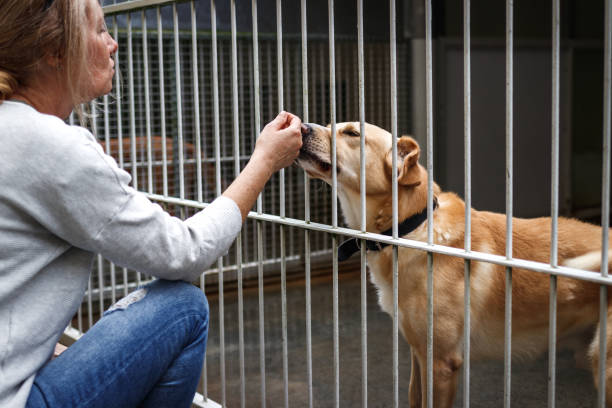Characterizing Human-Dog Attachment Relationships In Foster And Shelter Environments As A Potential Mechanism For Achieving Mutual Wellbeing And Success

The majority of research on attachment behavior in dogs has focused on the bonds between pet dogs and their owners. In this study, we examined attachment relationships between dogs living in animal shelters and foster homes and their temporary caregivers-shelter volunteers or foster volunteers, respectively. We also examined these results in relation to previously published data from pet dogs in order to contextualize our findings. Our findings indicate that the percentage of securely attached shelter dogs was significantly lower than that previously observed in scientific studies of the pet dog population. No differences were found between proportions of securely attached foster dogs and prior research with pets. We did not find significant differences between foster and shelter dogs in terms of attachment style proportions. We also found evidence of disinhibited attachment, which is associated with a lack of appropriate social responses with unfamiliar and familiar individuals in foster and shelter dogs. This is the first study to apply attachment theory to foster and shelter settings.
Thielke, L.E. and Udell, M.A.R. (2020). Characterizing human-dog attachment relationships in foster and shelter environments as a potential mechanism for achieving mutual wellbeing and success. Animals, 10, 67. doi: 10.3390/ani10010067.
Photo: iStock.com/Zbynek Pospisil
View ResourceTopic(s): Behavior, Dog to People - Positive Caretaker Interactions, Shelter and Rescue, Social Interactions